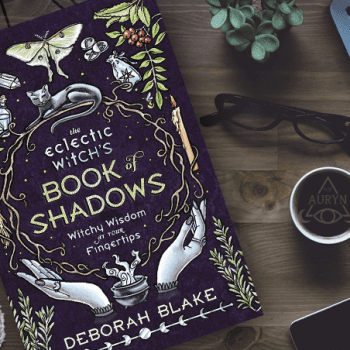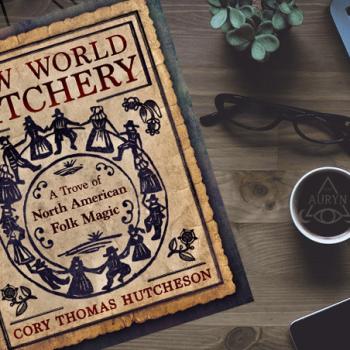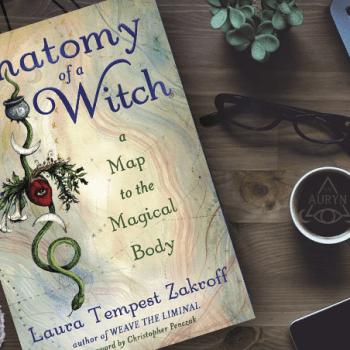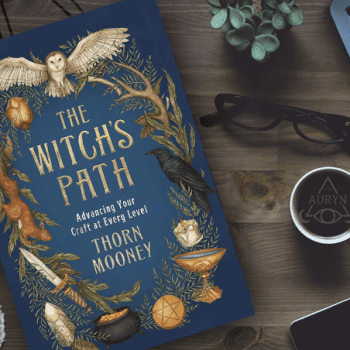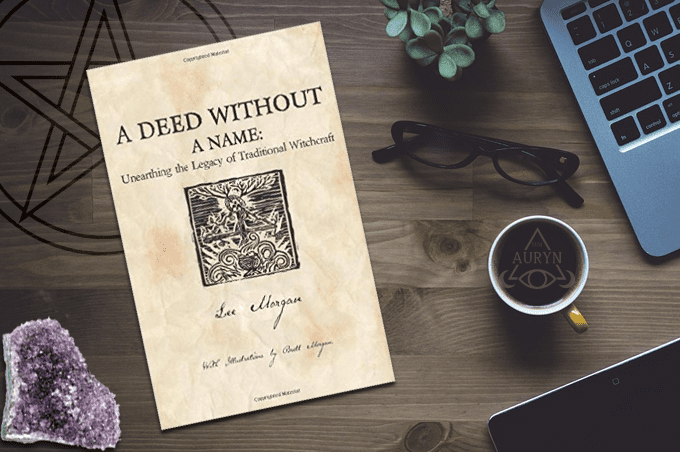
The problem with a lot of books of this nature is that they’re either huge scholarly tomes or archaic secondary sources (such as witch-trial transcripts), they assume that you’ve read a ton of these armchair scholarly works or they’re overtly pretentious and full of fairly unpractical or unrealistic rituals and practices. Lee Morgan’s A Deed Without A Name: Unearthing the Legacy of Traditional Witchcraft is not a book like this. It lays out the fact that traditional witchcraft comes from folk magic and uses a poetic and gnostic reclamation of literature and history, with creative, ecstatic practices incorporated.
Tying together scholarship, folklore, the witch as ‘other’, witchcraft as a shamanic and ecstatic tradition of Europe and knowledge of historical and modern witchcraft mystery cults – this is a fantastic starting point for anyone who is interested in pre-Wiccan traditional witchcraft. In fact, I know a couple of friends who list this as required reading for their new witchcraft students. This book will give you a great starting point to jump into other books on the topic and fills in a lot of the blanks not addressed in other sabbatical witchcraft books. The book is full of beautiful wood-cut images that gives this book a very cool yet anachronistic vibe, which is very suiting for the topic of the book.
Despite the book touching upon so many traditional witchcraft themes such as the fetch-beast and familiars, the crossroads pact, demon lovers, hedge-riding, faery-doctoring, necromancy, exorcism and so much more – the author doesn’t puff themselves up as some mystical spooky expert on a super restrictive secret cult of darkness, but rather presents these topics in a very grounded and clear manner. It is also accessible to anyone who feels the call of those spirits and that work without a need for a folklore degree or a six-figure salary needed to buy a $300 goat-skin bound tome with a gold-leaf sigil on it limited to 100 copies.













